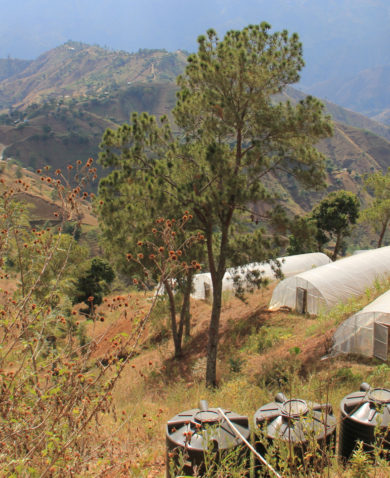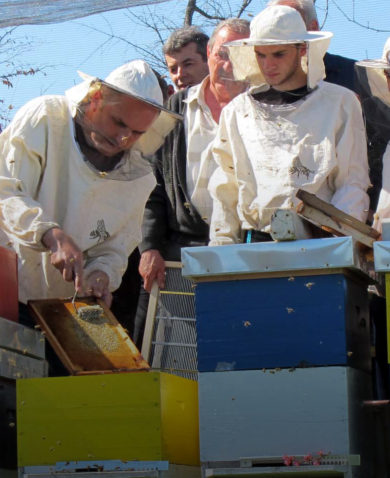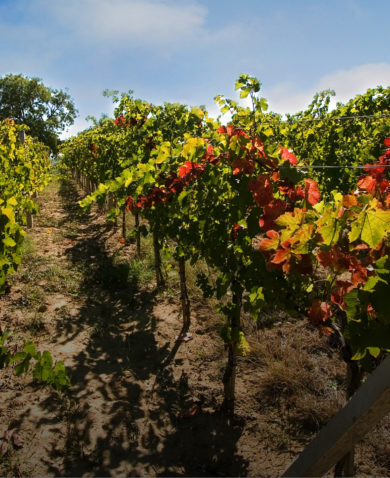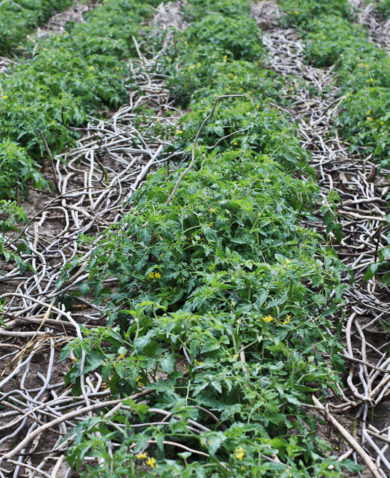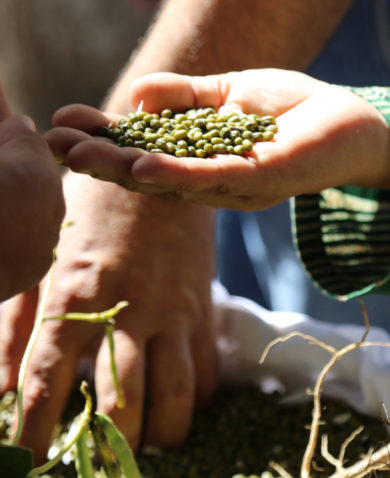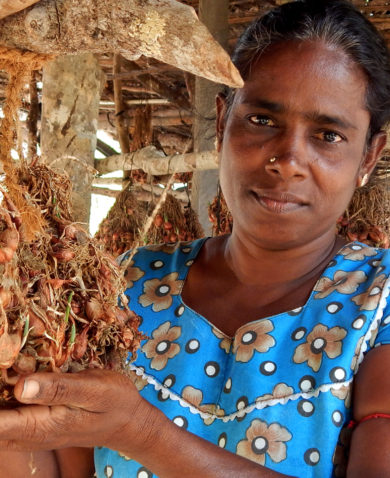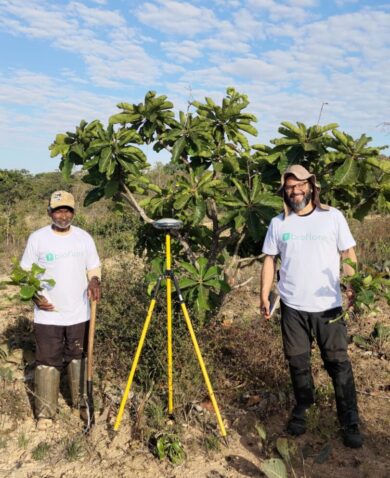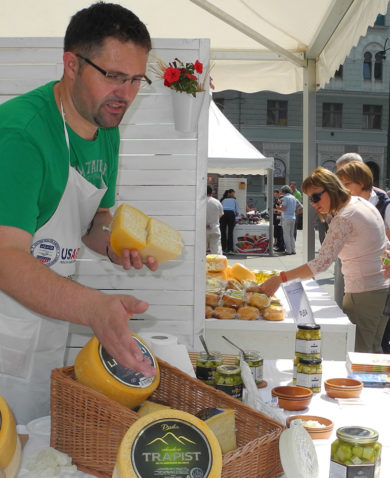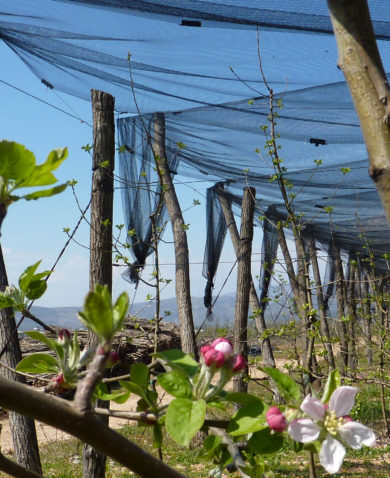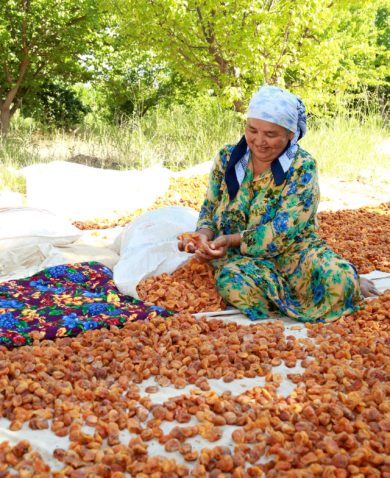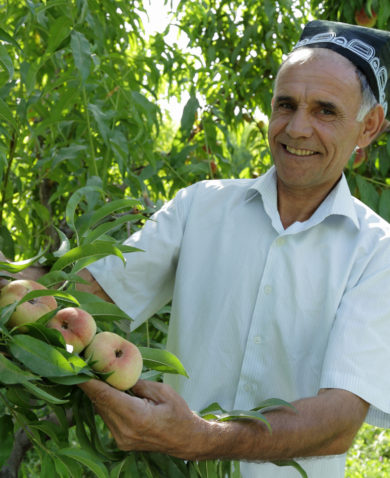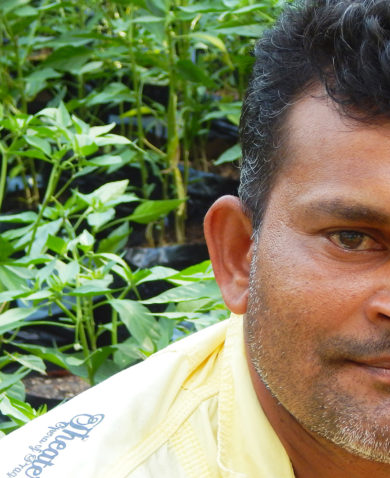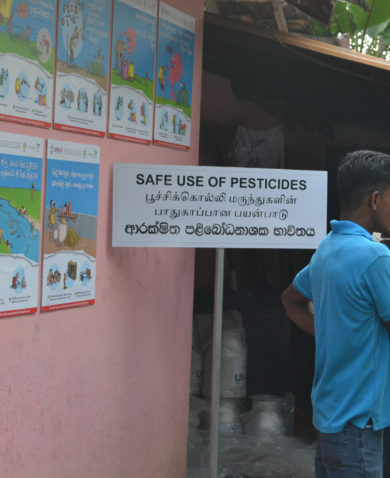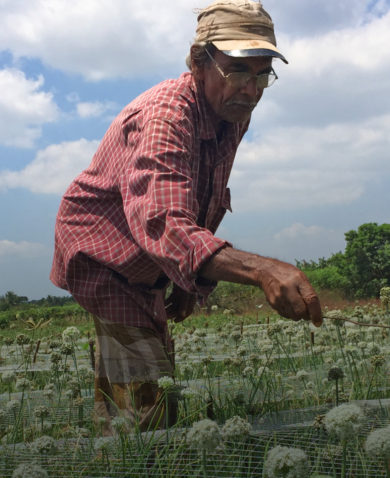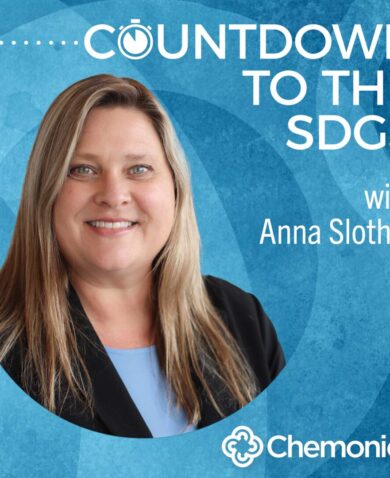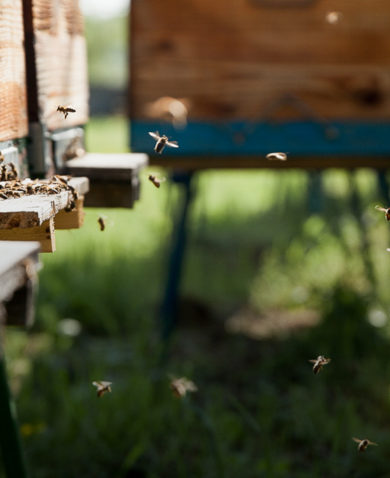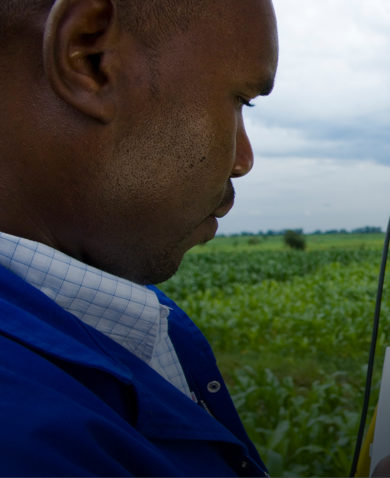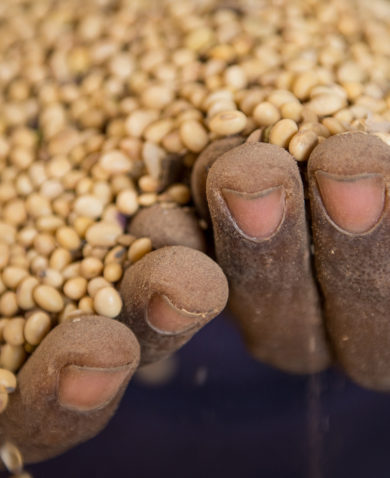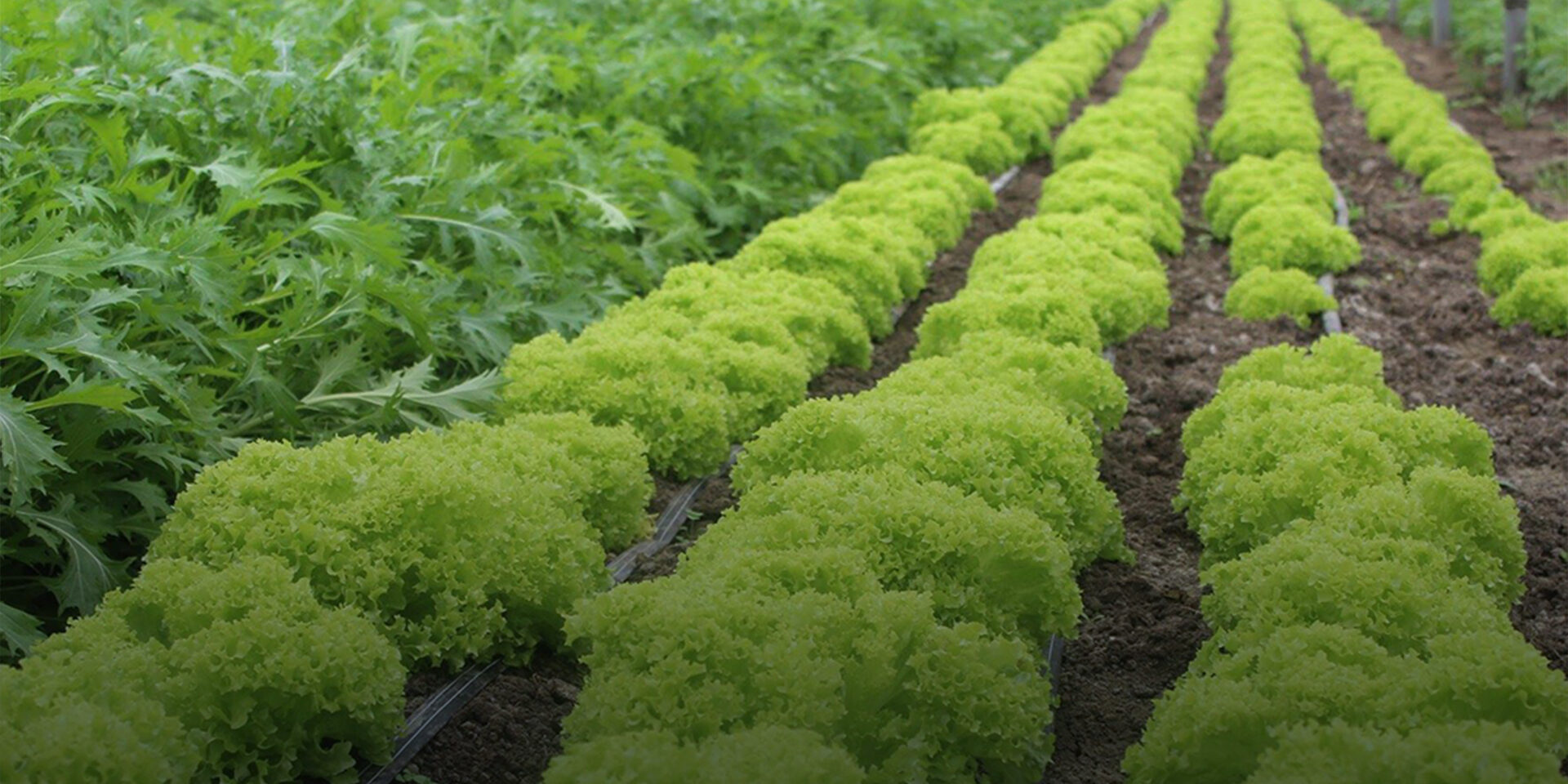
Digitizing the Agricultural Value Chain
March 18, 2021 | < 1 Minute ReadHow can development implementers navigate low- and middle-income countries' technology infrastructure challenges to help facilitate the development of successful, innovative, digital technologies? This blog provides key lessons learned from the award-winning Agronavti app from the USAID's Zrda Activity in Georgia.
This post originally appeared on MarketLinks.
Over the past few decades, we’ve all heard variations of the same refrain: the future is digital. However, digital’s promise is hard to realize in many contexts given the technology infrastructure required for success. This goes beyond broadband internet availability and access to include cultural norms and other factors that affect individual access and use, particularly for vulnerable populations. How can development implementers overcome these challenges to help facilitate the development of successful, innovative, digital technologies to low- and middle-income countries?
This blog will outline some key lessons learned from the award-winning Agronavti app, a mobile matchmaking platform designed and implemented by the Georgian Farmer’s Association (GFA), with support from the USAID/Georgia Zrda activity, implemented by Chemonics International. While no process is universal and every context is unique, this framework can help teams think through the development of their own digital innovations in agricultural contexts, and serve as a roadmap for implementers to think through key considerations and steps, as aligned with the nine principles for digital development developed by USAID, the Gates Foundation, UNICEF, UNDP, the World Bank, WHO, and others…Read the full post on MarketLinks.
Posts on the blog represent the views of the authors and do not necessarily represent the views of Chemonics.











